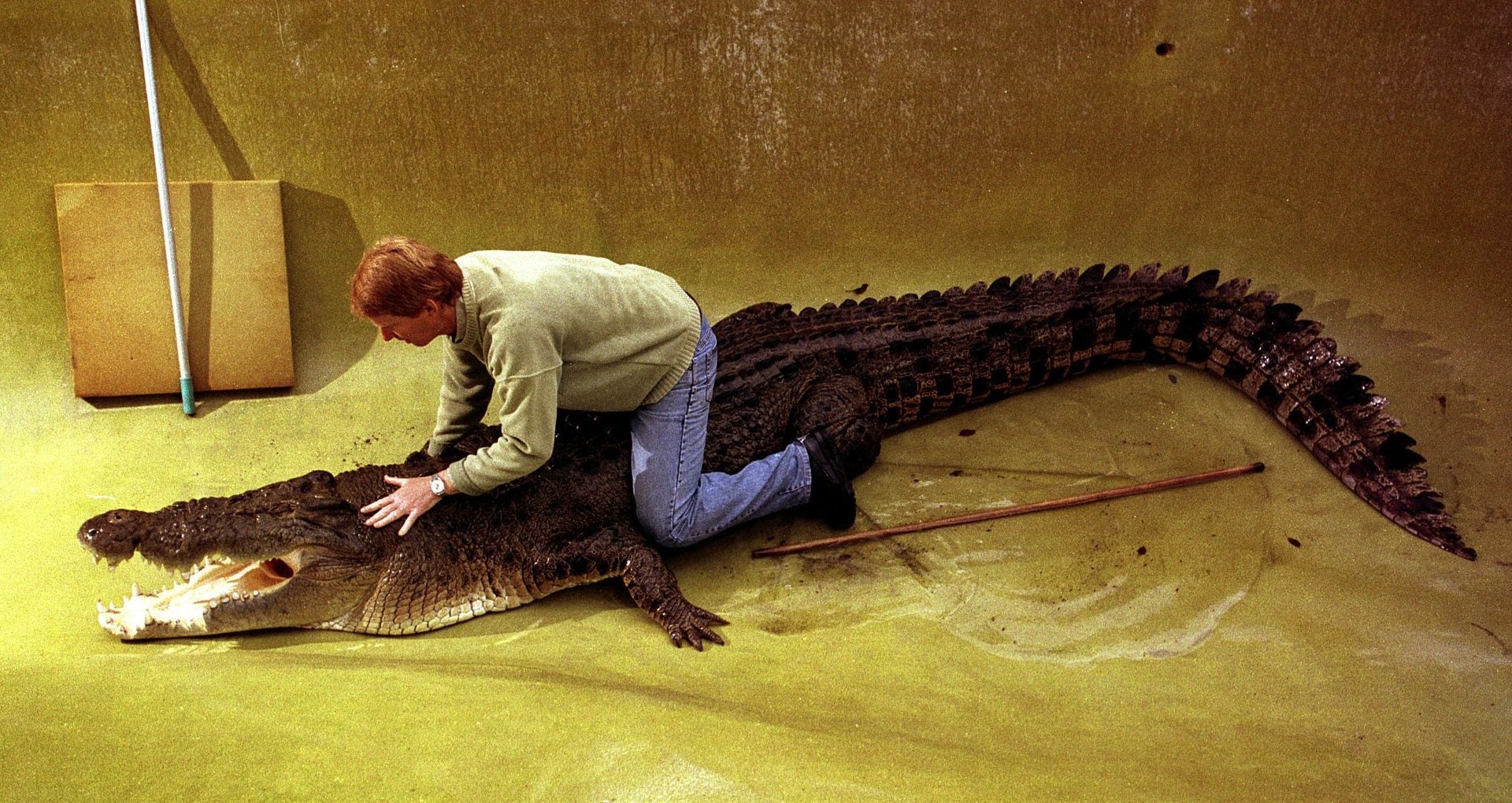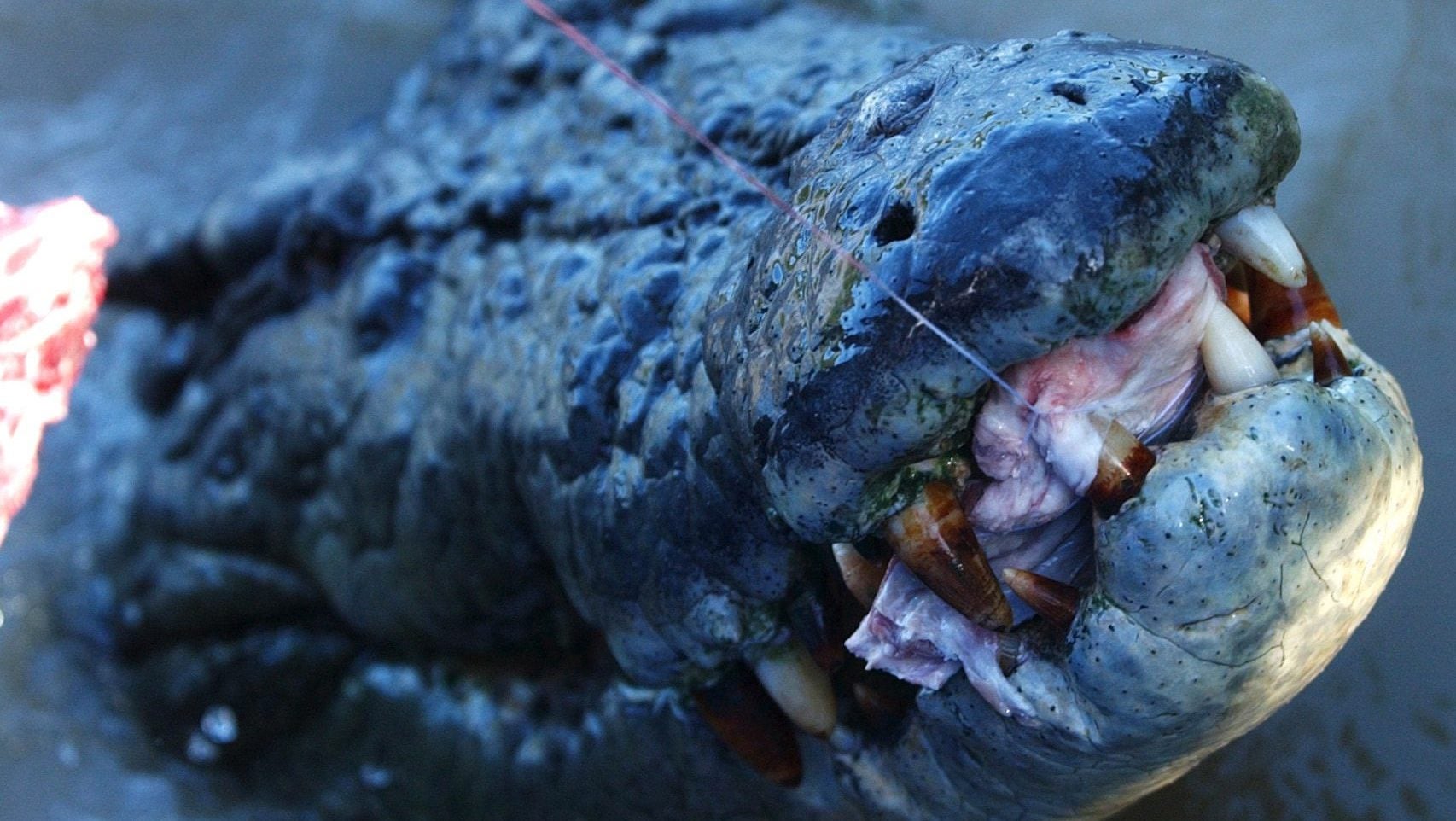Australia is considering crocodile trophy hunting, to make national parks safer for humans
On Sunday night (May 29), two Australian women, out on a stroll, ventured into the waters off Thornton beach, in Australia’s Daintree National Park. One, Cindy Waldron, never came back—the victim of a saltwater crocodile attack.


On Sunday night (May 29), two Australian women, out on a stroll, ventured into the waters off Thornton beach, in Australia’s Daintree National Park. One, Cindy Waldron, never came back—the victim of a saltwater crocodile attack.
This tragedy has resurrected an idea that’s been proposed and rejected in Australia in years past: introduce crocodile-hunting safaris to make crocodile-dense areas safer for humans.
Bob Katter, a local politician, tweeted his support for the idea this week. He represents an area of North Queensland (the northern tip of the state of Queensland), where the attack took place. (Australia is south of the equator, so “north” means more tropical. Daintree National Park is much closer to Papua New Guinea than to Melbourne or Sydney.)
National Geographic describes the saltwater crocodile as “Earth’s largest living crocodilian—and, some say, the animal most likely to eat a human…. Average-size males reach 17 feet (5 meters) and 1,000 pounds (450 kilograms), but specimens 23 feet (7 meters) long and weighing 2,200 pounds (1,000 kilograms) are not uncommon… Classic opportunistic predators, they lurk patiently beneath the surface near the water’s edge.”

In the 1960s, the animal’s population declined rapidly due to hunting, and in the early 1970s Australia put the species under full protection. Since 1971 the population in the Northern Territory has grown from a depleted 3,000 to about 100,000. Now, Katter argues, the population is at a point where it needs to be culled.
The idea has been floated in northern Australia numerous times. In the Northern Territory in 2012, high-end safaris were proposed as a way to create indigenous jobs, with the crocodile habitat found mostly in Aboriginal-held lands. But the proposal met with strong reactions.
“The indigenous people up there can make a lot more money out of tourism than trophy hunting,” Bob Irwin, father of the late conservationist Steve Irwin, told ABC that year. “I feel absolutely disgusted about it and in fact this type of safari hunting is only going to benefit some very wealthy white fella with a big boat and a big gun… Steve would be turning over in his grave—this is a real step backwards.” The idea was shot down in 2014.
Others have questioned how effective such safaris would be in culling the population, in any case. ”To make it safe to go back in the water, you would really have to reduce the population back to where it was at pre-protection levels, and that’s probably means cutting the population down by 95% or something,” crocodile expert Grahame Webb told ABC Radio this week.
Warren Entsch, another elected official in North Queensland, doesn’t think culls or safaris are necessary, as common sense should have stopped Sunday’s attack from happening.
“This is a tragedy but it was avoidable. There are warning signs everywhere up there,” he told the Sydney Morning Herald. ”If you go in swimming at 10 at night, you’re going to get consumed… People have to have some level of responsibility for their own actions.”